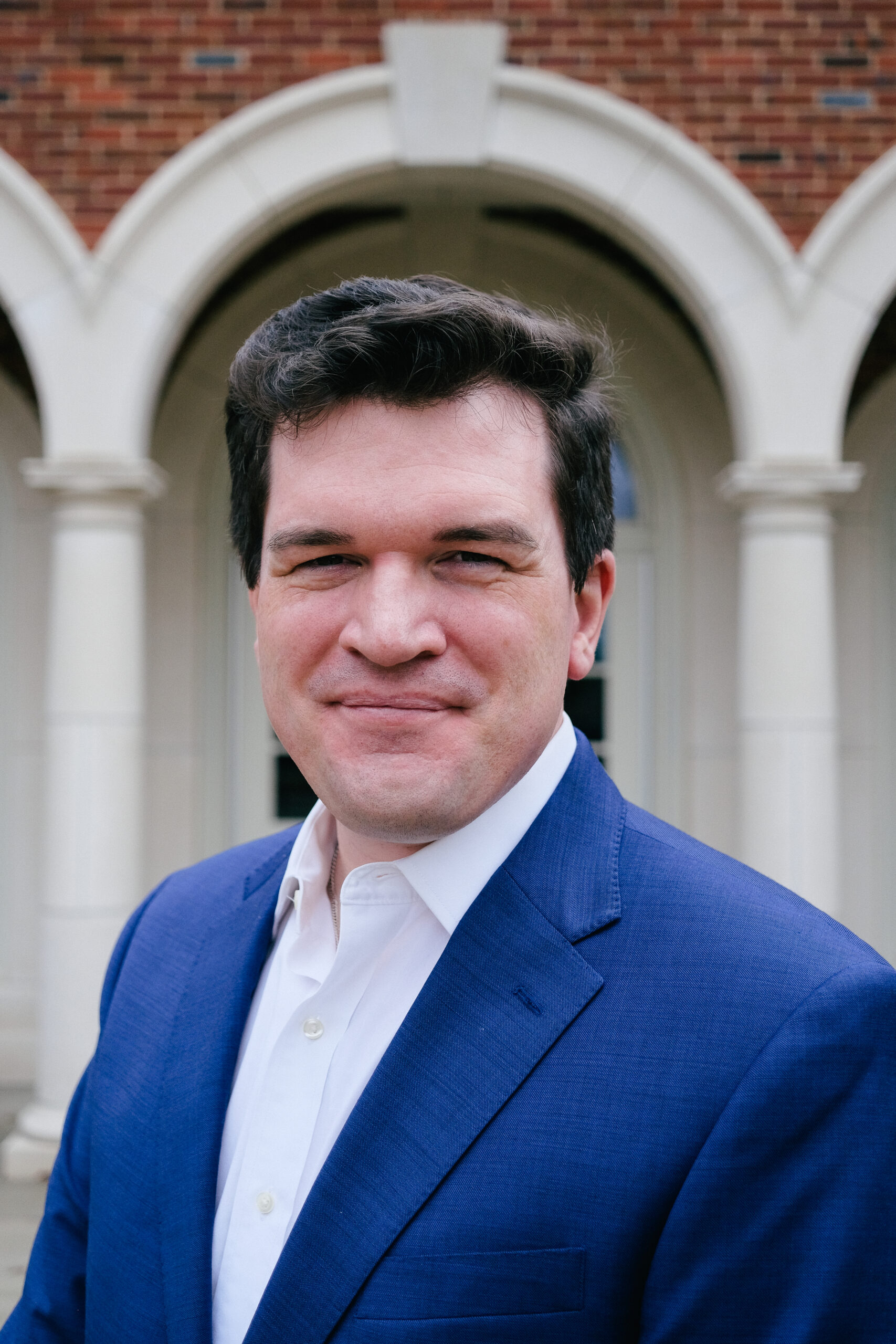
Event Recap: FPF X nasscom Webinar Series – Breaking Down Consent Requirements under India’s DPDPA
Following the enactment of India’s Digital Personal Data Protection Act 2023 (DPDPA), the Future of Privacy Forum (FPF) and nasscom (National Association of Software and Service Companies), India’s largest industry association for the information technology sector, co-hosted a 2-part webinar series focused on the consent-centric regime under the DPDP Act. Spread across two days (November […]

The DNA of Genetic Privacy Legislation: Montana, Tennessee, Texas, and Virginia Enter 2024 with New Genetic Privacy Laws Incorporating FPF’s Best Practices
In 2023, four states enacted new genetic privacy laws regulating direct-to-consumer genetic testing companies. This blog post provides details on what these new laws cover and how they compare to FPF’s widely-adopted Best Practices for Consumer Genetic Testing Services. Genetic privacy has been under increasing scrutiny at the state and federal levels, and regulators are […]

Spectrum of AI Report
AUGUST 2021 The Spectrum of Artificial Intelligence Companion to the FPF AI Infographic UPDATED: JUNE 2023 * Updated in 2023 by: Brenda Leong, Partner, BNH.AI AUTHORED BY * Brenda Leong Senior Counsel & Director of Artificial Intelligence and Ethics Dr. Sara R. Jordan Senior Researcher, Artificial Intelligence and Ethics Artist: Dr. Lydia Kostopoulos Title: Luncheon […]

FPF-AIEcosystem-Report-Jun23-R4-Digital
AUGUST 2021 The Spectrum of Artificial Intelligence Companion to the FPF AI Infographic UPDATED: JUNE 2023 * Updated in 2023 by: Brenda Leong, Partner, BNH.AI AUTHORED BY * Brenda Leong Senior Counsel & Director of Artificial Intelligence and Ethics Dr. Sara R. Jordan Senior Researcher, Artificial Intelligence and Ethics Artist: Dr. Lydia Kostopoulos Title: Luncheon […]

FPF Article 25 GDPR A4 FINAL Digital
MAY 2023 Unlocking Data Protection By Design & By Default: Lessons from the Enforcement of Article 25 GDPR The Future of Privacy Forum (FPF) is a non-profit organization that serves as a catalyst for privacy leadership and scholarship, advancing principled data practices in support of emerging technologies. Learn more about FPF by visiting fpf.org. FPF […]

Protected: Protected: 14th Annual Advisory Board Meeting 2023
There is no excerpt because this is a protected post.

Protected: Protected: 13th Annual Advisory Board Meeting 2022
There is no excerpt because this is a protected post.

W@Privacy Awards
Women@ Privacy Awards FPF is honored to host W@Privacy for its first edition of the W@Privacy Awards! As part of W@Privacy’s mission to enhance the visibility and empowerment of women privacy professionals, they’ll recognize and celebrate outstanding women in the privacy field from various categories. The awards categories are: The winners will be announced during an awards […]


